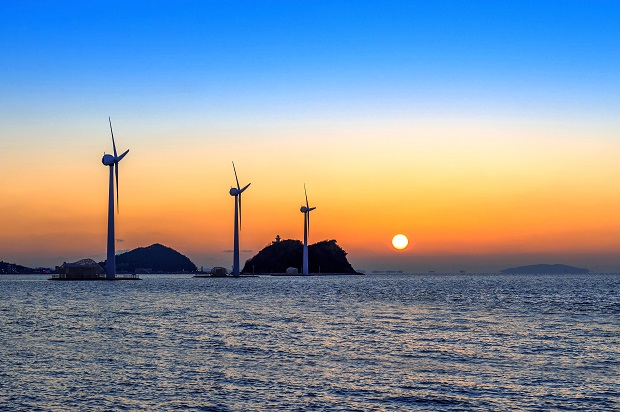Vietnam’s renewable energy goals have hit a roadblock with the recent decision by Norway’s Equinor to withdraw from its offshore wind projects in the country. This move comes as a significant setback for Vietnam’s plans to develop its green energy sector.
Equinor, a state-controlled energy giant, has announced it will close its Hanoi office and cease its business development in Vietnam. This marks the first time the company has shut down an international office focused on offshore wind, following its global shift towards renewables and low-carbon systems.
Equinor’s exit follows a similar move by Danish firm Orsted, which also paused its investments in large offshore wind farms in Vietnam last year.
Vietnam has long been seen as a promising location for offshore wind power due to its strong winds and shallow waters near populated coastal areas. The country aims to install 6 gigawatts (GW) of offshore wind capacity by 2030, which would account for 4% of its planned energy capacity.
This effort is part of Vietnam’s broader strategy to reduce coal dependency and achieve net zero carbon emissions by mid-century.
However, progress has been hindered by regulatory delays and political instability. The Vietnamese government has been slow to implement necessary reforms, and there are concerns about the sensitivity of offshore wind projects in the contested South China Sea. Additionally, the government is considering assigning the first pilot offshore wind project to state-owned companies, which critics argue could slow development due to their limited capabilities.
Industry insiders suggest that, given the current challenges, Vietnam may only achieve about 1 GW of offshore wind capacity by the end of the decade. Discussions are ongoing to persuade the government to allow foreign partnerships for the pilot project to expedite progress.

